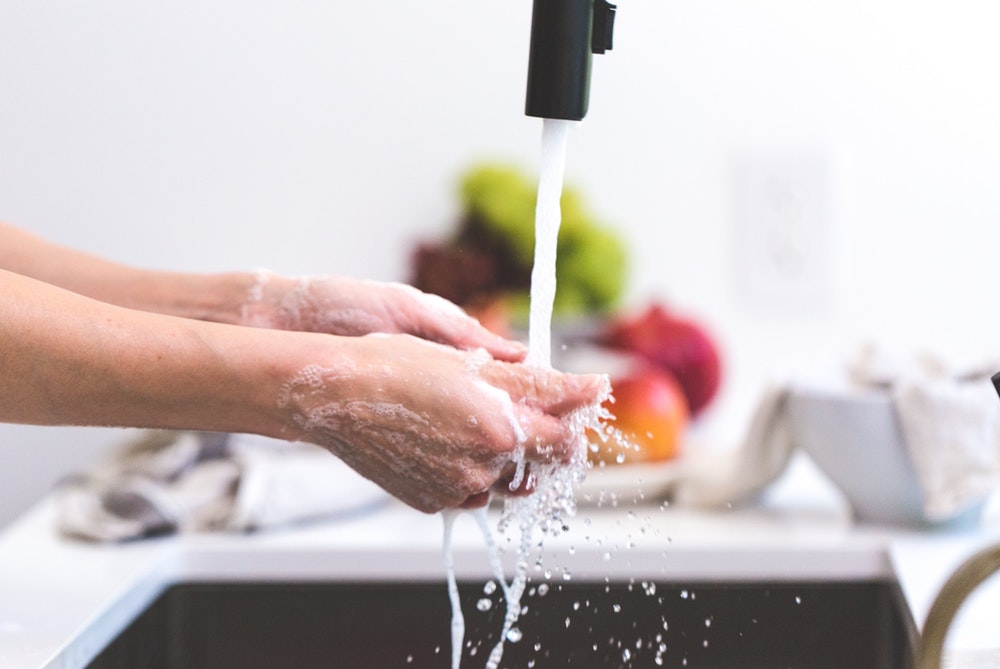How to help your loved one– and their families– deal with the aftermath of surgery and the recovery downtime.

Not everyone has had surgery themselves, but we all know someone who has gotten one. Surgeries range from minor with little to no recovery time all the way to highly complicated, soul-sucking ventures involving loads of pain and downtime. Your loved one may be in a groggy medicine-induced fog or highly irritable and anxious. Either way, they need your help now more than ever.
Here’s some tips on how to be the best possible help post-surgery.
Rest is the number one patients recovering from surgery need– helping out whenever possible lets them have the time they need to heal.
Be there

Showing up is the best way to let someone recovering from surgery know you care. If you can’t, a phone call or video chat call will work too. Obviously– depending on what surgery they underwent– the recovery time will be fraught with medicine and napping, so be sensitive to their needs and visiting hours.
Many people think that they don’t want to “be in the way” when a loved one is recovering from surgery, but trust us– as long as you respect when they’re tired and need rest, they want the company. Coordinate with other family and friends in the area so that you don’t all crowd them and overwhelm the room at one time, and try to stagger the visits to allow time to rest.
Do some research on Web MD or another trusted medical site about the surgery they had and ask questions. It’s not bugging or nagging them– rather, it shows that you took the time to understand a little bit more of what they just went through. And in fact, you’ll have a better idea of how to help them when they’re further into recovery if you take the time to educate yourself about their condition and surgery. For example, you may not want to rent a funny movie if your loved one just had their gallbladder or appendix out because laughter may rip open the incision. And who knows– you just may ask a question that they didn’t think to ask their doctors, and really should.
When you visit, it’s okay to come empty-handed. Don’t feel like you must bring a gift, especially if they’re going to be extending their stay and you plan on visiting regularly. However, our next section has some great ideas for a care package!
Boxed or canned soup care packages are a great idea because they pack easy-to-digest nutrition with little to no prep required. Perfect for recovering from surgery!
Send a care package

Especially if you can’t visit your loved one due to distance or obligations elsewhere, send or bring a care package. It doesn’t have to be elaborate, and while prepackaged ones exist it is so much nicer and meaningful to put one together yourself.
First of all, find out how long their hospital stay will be and how much time in recovery at home they’ll have. If they’re going to be in the hospital for around a week, include some mini travel-sized toiletries such as foldable toothbrush and some lip balm (hospital air is recycled and very drying). Other useful items to include are: dry shampoo, body butter, waterless bathing wipes and mini deodorant.
You could also choose to send a care package to their house, so it’s waiting for them when they get home. Chances are they’ll still have mobility limitations, so cooking for themselves could be out of the question. Put together a care package full of no-prep meals such as frozen dinners, microwavable rice, yogurt, crackers, and canned soup. They may also still need extra hydration and electrolytes, so flavored sparkling water or sports drinks will help too– although you may want to make sure someone can lift that package for them. Packing disposable dinnerware may also be a good idea so that they don’t have to spend time at the sink or bending over the dishwasher when they should be resting.
You know that the patient has everything they need, now’s a good time to encourage them to do a little bit of pampering. It may seem like an awkward time, but recovery means loads of rest and rest means they kind of don’t have anything else to do. Put together a package with some single-use sheet face masks, eye patches, moisturizer and cleansing cloths. Many sheet masks don’t require rinsing– same with the eye patches– and cleansing cloths help keep skin clean without the need to stand at the sink to wash up.
It’s also perfectly okay to go the old-fashioned route and send flowers with a stuffed animal. Flowers brighten any room, and even grown adults find comfort in snuggling something in bed when they can’t be with their loved ones.
General house upkeep is a huge boon to someone who is recovering from surgery and can’t get around or bend over like they’re used to.
Help out around the house

If your loved one has an extended home recovery– or even if they’re just having a hard time catching up from being sick– coming to their house to help out is a huge boon. Surgery takes a toll on the body and gives it a huge task in healing, so patients shouldn’t try to return to normal household duties at their normal pace.
Try to schedule your time with them to help them do the tasks that they have the hardest time with– laundry and grocery shopping mean heavy lifting, which loads of post-surgery patients shouldn’t do! Same with picking up kids, cooking homemade meals, and picking up things that fall on the floor or taking out trash.
If you can’t be there yourself, pay someone else to do it for them. Schedule a maid service (we recommend a local business whenever possible) and grocery delivery. Coordinate with other friends and family in the area to see if anyone can help out with running the kids back and forth to school, appointments, and after-school activities. Call local restaurants and pay for delivery to take the pressure away from the recovering patient– and any spouse or older offspring– to cook while they take care of each other. Or send some prepaid gift cards to let them order as they want.
The simple act of making a cup of tea becomes rather significant when you aren’t well enough to do it for yourself. Tea has loads of healing properties– make a cup for your loved one recovering from surgery.
Each one of these three simple ideas is a sure-fire way to let your recovering loved one know that you care and will help them. Sometimes all they need is some quiet company, other times they’ll need a full-time extra Mommy or Daddy to help wrangle life into some semblance of normal. The most important thing to do is to show up in their lives, ready to do what they say is needed.
If you’ve had a surgery with some downtime, what are some things that folks did for you that you found super-helpful? Comment below and share your wisdom!





